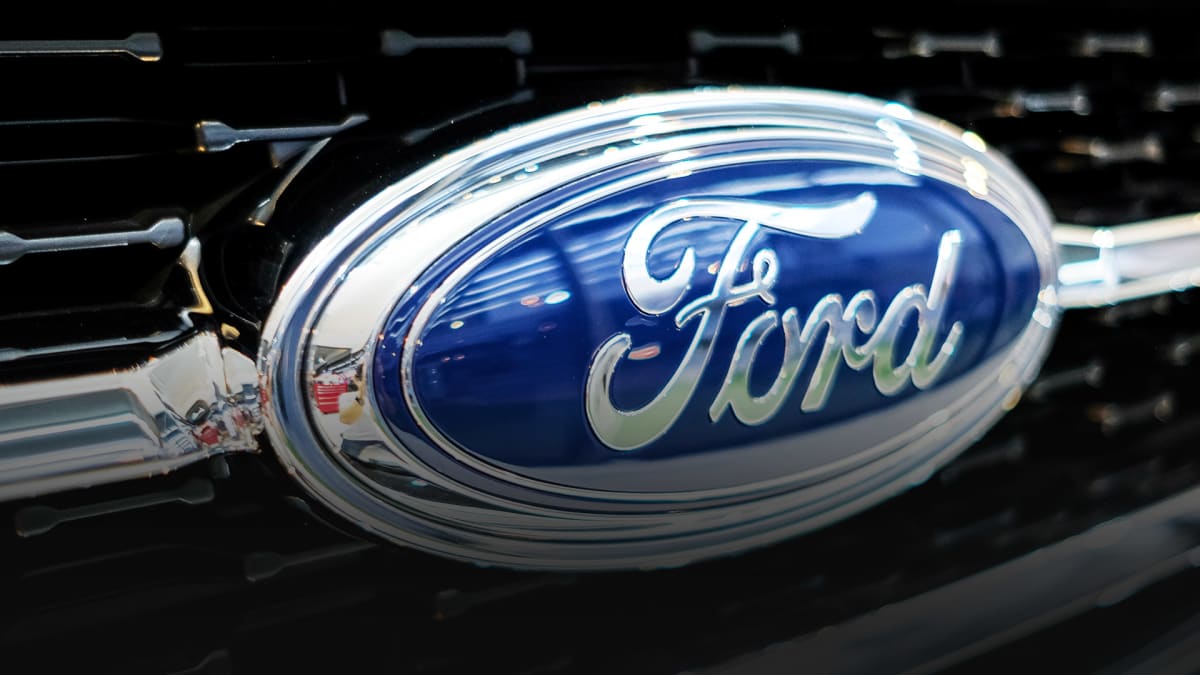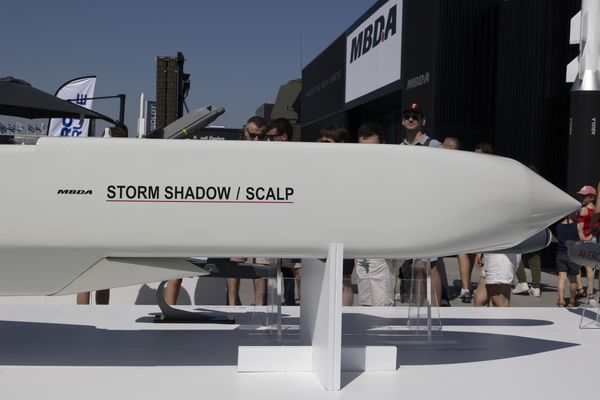
It was on Christmas Eve, 1906, so the story goes, when Canadian-born inventor Reginald Aubrey Fessenden played "O Holy Night" on the violin during a broadcast from Ocean Bluff-Brant Rock, Massachusetts.
And while many dispute this version of events, it is said to be the first use of amplitude modulation, or what later became known as AM radio.
DON'T MISS: Charlie Munger Compares This Type of Investing to Hard Drug Use
In any case, widespread AM broadcasting was not established until the 1920s following the development of vacuum tube receivers and transmitters.
And then AM radio took off, becoming the dominant form of broadcasting for three decades in what has been dubbed "The Golden Age of Radio," with families gathering around their radios to listen to all kinds of entertainment, including mystery programs and quiz shows.
President Franklin D, Roosevelt spoke to a worried nation via the radio in a series of broadcasts that became known as the "fireside chats", while The Shadow knew what evil lurked in the hearts of men.
AM radio hit the road in 1924 when Kelly's Motors in NSW, Australia, installed its first car radio. Six years later, the American Galvin Manufacturing Corporation marketed a Motorola branded radio receiver for $130.
By 1946, there were an estimated 9 million AM car radios in use.
AM Radio 'Last Line of Communications'
And then television came along in the 1950s and surpassed AM radio. The AM audience was further reduced by competition from FM, or Frequency Modulation, as well as satellite radio, podcasting, music streaming and a whole slew of other choices.
Now the venerable format is taking another blow. Ford Motor Co. (F) plans to stop putting AM radios in new gas-powered and electric vehicles beginning in 2024, including the all-electric Mustang Mach-E and F-150 Lightning pickup,
Ford is not the only carmaker pulling the plug on AM radio. Automakers say that EVs' electric motors interfere with AM frequencies, creating annoying buzzing noises and faded signals.
“We are transitioning from AM radio for most new and updated 2024 models," Ford spokesman Wes Sherwood told the Detroit Free Press. "A majority of U.S. AM stations, as well as a number of countries and automakers globally, are modernizing radio by offering internet streaming through mobile apps, FM, digital and satellite radio options.”
Sherwood added that Ford "will continue to offer these alternatives for customers to hear their favorite AM radio music, news and podcasts as we remove amplitude modulation — the definition of AM in this case — from most new and updated models we bring to market."
In addition to upsetting fans of talk radio--several of whom complained on social media about silencing conservative commentary--the plan is causing concern among public safety officials who believe eliminating the AM band will put the public at risk.
"When all else fails, radio stations are often the last line of communications that communities have," Craig Fugate, former director of the Federal Emergency Management Agency, told The Wall Street Journal.
In response, Ford said in a statement that the majority of U.S. AM stations, as well as a number of countries and automakers globally, "are modernizing radio by offering internet streaming through mobile apps, FM, digital and satellite radio options."
Senator Says AM Radio is 'Irreplaceable'
"Ford will continue to offer these alternatives for customers to hear their favorite AM radio music, news and podcasts as we remove amplitude modulation – the definition of AM in this case – from most new and updated models we bring to market," the automaker said.
Ford said "less than 5% of radio usage in our vehicles is for AM radio, and for emergency alerts to reach a customer on AM, you must be tuned to that AM station."
"Customers will be able to continue receiving emergency broadcasts and alerts with FM, HD Radio, SiriusXM, cellular and roadside communication as well as other methods as the government modernizes the emergency broadcast system," Ford said.
Senator Edward Markey (D-MA) said last month that he had contacted automakers to see if they had discontinued access to free broadcast AM radio in their vehicles, including electric vehicles.
Of the 20 companies, eight — Ford, BMW, Mazda, Polestar (PSNY), Rivian (RIVN), Tesla (TSLA), Volkswagen (VWAGY), and Volvo (VLVLY) — had removed broadcast AM radio from their electric vehicles.
“Broadcast AM radio is an essential part of our emergency alert infrastructure, but the responses to my letter show that far too many automakers are ignoring the critical safety benefits of AM radio,” Markey said in a statement.
Markey said that while many automakers suggested that "other communication tools — such as internet radio — could replace broadcast AM radio, in an emergency, drivers might not have access to the internet and could miss critical safety information."
"The truth is that broadcast AM radio is irreplaceable," he said.







